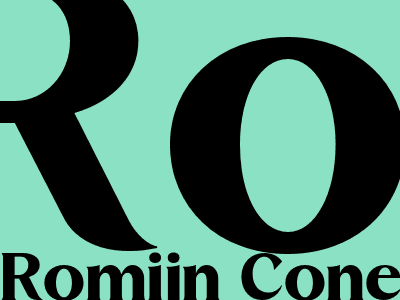SEO Best Practices for Google and Blogger
Introduction
Search engine optimization (SEO) is the process of improving the visibility and ranking of a website in search engine results pages (SERPs). By following SEO best practices, businesses can improve their organic traffic and reach a wider audience. This guide will provide an in-depth overview of SEO best practices for Google and Blogger, covering everything from keyword research to link building.Keyword Research
Keyword research is the foundation of any SEO campaign. It involves identifying the words and phrases that people are searching for online. By targeting relevant keywords, businesses can increase their chances of appearing in SERPs. There are a number of different tools that can be used for keyword research, including the Google Keyword Planner and the Moz Keyword Explorer.
When conducting keyword research, it is important to consider the search volume, competition, and relevance of each keyword. Search volume refers to the number of times a keyword is searched for each month. Competition refers to the number of other websites that are targeting the same keyword. Relevance refers to how closely related a keyword is to the content of your website.
Content Creation
Content is the most important factor in SEO. High-quality content will attract links and shares, which will help to improve your website’s ranking in SERPs. When creating content, it is important to keep the following factors in mind:
- Keyword optimization: Include relevant keywords throughout your content, but avoid keyword stuffing.
- Readability: Write content that is easy to read and understand.
- Length: Aim for long-form content that provides in-depth information.
- Visuals: Use images, videos, and infographics to break up your content and make it more visually appealing.
Link Building
Links are one of the most important factors in SEO. They act as a vote of confidence from other websites, and they help to improve your website’s authority. There are a number of different ways to build links, including:
- Create great content: People are more likely to link to content that is valuable and informative.
- Guest blogging: Write guest posts for other blogs in your industry.
- Directory submissions: Submit your website to relevant directories.
- Social media: Share your content on social media to get it in front of a wider audience.
Technical SEO
Technical SEO refers to the optimization of your website’s code and structure. By following technical SEO best practices, you can make your website more crawlable and indexable. This will help Google to understand your website and rank it higher in SERPs.
Some of the most important technical SEO factors include:
- Website speed: Make sure your website loads quickly.
- Mobile responsiveness: Your website should be mobile-friendly.
- XML sitemap: Create an XML sitemap to help Google crawlers index your website.
- Robots.txt file: Use a robots.txt file to control how Google crawls your website.
Local SEO
Local SEO is the optimization of your website for local searches. This is important for businesses that want to attract customers in their local area. To optimize your website for local SEO, you should:
- Create a Google My Business listing: This will help your business appear in Google Maps and local search results.
- Optimize your website for local keywords: Include local keywords in your website’s title, meta tags, and content.
- Build local citations: Get your business listed in local directories and websites.
- Get involved in the community: Sponsor local events and get involved in local organizations.
Conclusion
SEO is a complex and ever-changing field. However, by following the best practices outlined in this guide, you can improve your website’s visibility and ranking in SERPs. As always, it is important to stay up-to-date on the latest SEO trends and to make sure that your website is compliant with Google’s Webmaster Guidelines.
About the Author
Romijn Conen is an SEO expert with over 10 years of experience. He has helped hundreds of businesses improve their organic traffic and reach a wider audience. Romijn is a regular speaker at SEO conferences and has been featured in a number of publications, including Search Engine Journal and Moz.

Comments